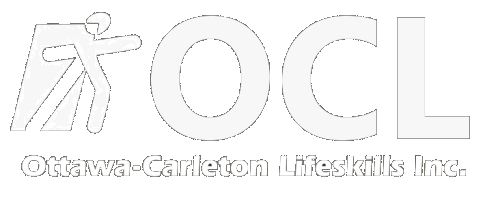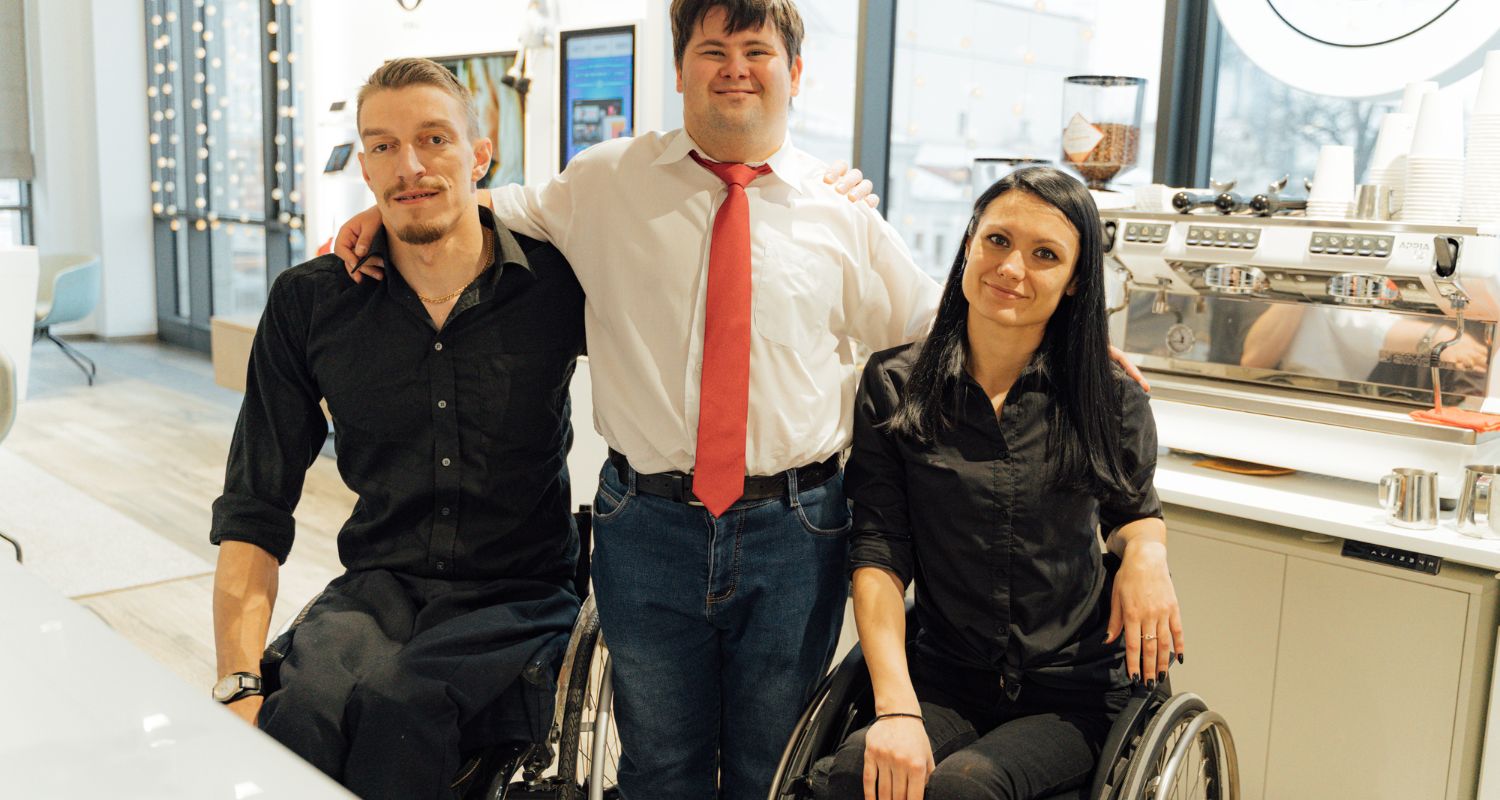Table of Contents
- Start With the Hiring Process
- Facilitate the Integration of People With Disabilities into the Workplace
- Foster an Inclusive Culture at Work
- Make Adjustments and Accommodations
- OCL’s Next Steps Employment Preparation Program
Canada is home to a sizable population of individuals with intellectual or developmental disabilities. Contrary to common assumption, many of these people are fully capable of becoming effective, important workers in any company.
Despite this, people with intellectual and developmental disabilities are often jobless because companies are either not inclusive or ignorant about how to hire them. There are a lot of things that businesses and organizations can do to make their workplaces more inclusive.
Start With the Hiring Process
Show You’re an Equal Opportunity Employer
Individuals with intellectual and developmental disabilities provide a vast, untapped work resource. Employing such persons is a wise decision for businesses. To attract prospective workers, ensure that your job postings contain an equal opportunity disclaimer which emphasizes how much you embrace diversity. When marketing your company on social media or publishing job openings, incorporate images of accessible workspaces and personal experiences from workers with disabilities.
Facilitate the Integration of People With Disabilities Into the Workplace
 New workers with specific needs may find introductory sessions to be quite useful. Through guided internships, work trials, and job shadowing, adults with intellectual or developmental disabilities can readily learn about their work and unique job responsibilities. This also affords them the chance to meet prospective colleagues. Investigate extensively how your organization can organize training and introduction programs to help new employees transition to the job.
New workers with specific needs may find introductory sessions to be quite useful. Through guided internships, work trials, and job shadowing, adults with intellectual or developmental disabilities can readily learn about their work and unique job responsibilities. This also affords them the chance to meet prospective colleagues. Investigate extensively how your organization can organize training and introduction programs to help new employees transition to the job.
Foster an Inclusive Culture at Work
Involve Everyone From the Top Down
Everyone in the organization, including the Chief Executive Officer (CEO), Managing Directors (MD), department heads, human resources (HR), and janitorial staff, must be able to communicate with and engage employees with physical, intellectual, and developmental disabilities.
Use Inclusive Language
Use disability-inclusive language wherever feasible to help your staff feel welcomed and appreciated. Conduct training on disability awareness so everyone in the office is educated on disability etiquette in the workplace and beyond. Remove any prejudices and misperceptions regarding people with intellectual or developmental disabilities which may exist in the workplace.
Make Adjustments and Accommodations
A person with a physical or developmental disability is no different than anyone else. In fact, they can be valuable assets and team members to any organization.
Always ensure that employees feel comfortable requesting accommodations. Employees with intellectual, developmental, or physical impairments may need job coaches/mentors, modified training, flexible work hours, or assistive devices at their workstations as accommodations.
OCL’s Next Steps Employment Preparation Program
Next Steps focuses on activities that are based on a traditional classroom model with classes designed for participants to build a wide variety of skills such as socialization, academics, computers, health and well-being, communications, cooking, safety, and home management.
Next Steps Level 2 – Job Readiness helps participants prepare to enter the workforce. Activities include resume writing, preparing for interviews, and understanding workplace expectations: dressing for work, being on time, and doing assigned tasks.
Next Steps Level 3 assists participants in finding suitable employment based on their individual interests and abilities.
Call us at (613) 254-9400 or visit ocl.ca today for more information



